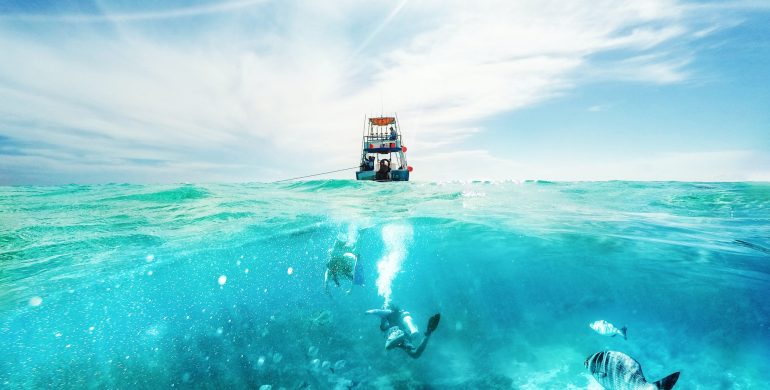
Scuba diving is the art of exploring the underwater world. It requires the use of protective equipment and is a fun way to see what lies beneath the waves. People enjoy scuba diving for both recreational and scientific purposes. In addition, the sport can be used by commercial divers who often use it to prepare for projects.
When it comes to scuba, there are two main types of equipment. Closed Circuit and Open Circuit. The latter uses a regulator to circulate the diver’s exhaled gases into the water. On the other hand, the former uses a valve to allow a gas to be released directly into the water.
Before you begin a dive, you should check the conditions of the water. This will give you a better idea of the risks and rewards. You should also have a plan for any emergency. There are a number of organizations that provide certification for people who want to learn to scuba.
As far as the technical aspects of the sport, a diver should be aware of the decompression limit and its associated risks. It refers to the maximum amount of time that a diver can spend at a depth without risking damage to his or her body. If a diver exceeds this limit, he or she may suffer from Decompression Sickness. Fortunately, nitrox is available to prevent decompression sickness.
A diver should never hold his or her breath during a dive. Holding your breath while underwater can cause serious problems, such as a tear in the lungs. Additionally, a diver must stay within the limits of his or her experience.
A diver should always follow the directions of his or her instructor. However, a dive is only as safe as the gear you choose to use. So, before you head out on your first dive, make sure your gear is in good condition. Also, remember to ask a medical professional about diving and if any medications you take will affect your ability to dive.
An Automated External Defibrillator (AED) is a device that shocks the heart to restore its normal function after cardiac events. Using an AED can be extremely beneficial if you ever find yourself in a dangerous situation. Other tools divers should have on hand include a surface marker buoy, a weight belt, and a reliable communication device.
Some of the most common scuba dive-related injuries are caused by new divers. To avoid these complications, it’s a good idea to practice your diving skills, including taking a beginner’s course. Moreover, always dive with a buddy.
For safety, it’s a good idea to wear an extra scuba tank. These can be purchased, rented, or borrowed. Regardless of the type of scuba tank you use, make sure that it’s in good working order. Never dive with equipment that has faults.
In the end, scuba diving is a safe, fun, and exciting adventure. But, before you jump in the water, make sure that you have the proper gear and know how to use it.